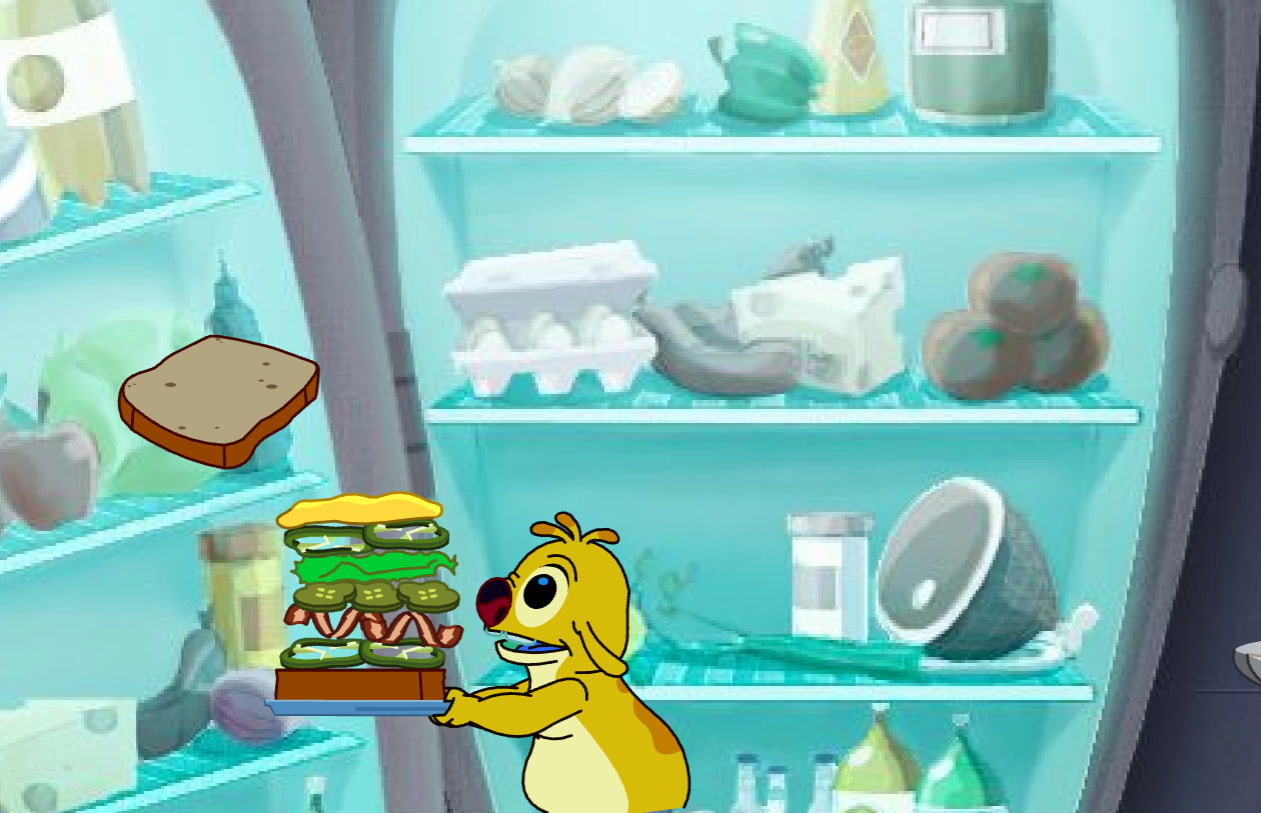
It’s 2005 again, and you’re coming home to a box of freezer-burnt pizza rolls and plastic pouches of Capri Sun. Booting up your desktop computer is like waking a slumbering beast—and the monitor is probably as large as one, too.
Desktop size back in those days never accurately indicated operating power, but if you’re like me, you used that behemoth to run the most basic browser games. You had your classics: QWOP, Line Rider, Interactive Buddy. Then there were the more obscure: The Impossible Game, Poptropica, Feed Me.

Despite the differences in popularity, they all had at least one thing in common. Using Adobe Flash, these games could be played for free directly in your browser, making them highly accessible to kids of all backgrounds, so long as they had an operational PC with the program installed. This accessibility led to a sharing of games between kids, almost like it was a cultural exchange—and boy, did we take advantage of it.
When I was in grade school in the early 2000s (and let’s not get hung up on how long ago that was, now), my friends and I considered ourselves clever for cutting a deal with our teachers: We’d arrive to school early, and they’d unlock the computer lab door for us. Then we’d do the hard labor of turning on all the computers to get them warmed up for the day. We were supposed to promptly leave afterwards, but we’d stay and play our games, sneaking out mere minutes before we needed to meet roll call. Eventually, though, we were caught and banned from all the school’s computer labs outside of class hours, all for feeding pixels to other pixels in Neopets and trying to tip icebergs in Club Penguin. Was it a fair punishment? Absolutely not. But was it worth it? Absolutely yes.
As the years passed, our school district figured out how to make web addresses inaccessible. Every passing day saw another blocked URL or a once-playable browser game gone to the wind, and we’d woefully pour out our Coca-Colas to mourn another fallen soldier. Then our school got really good at banning domains, and sites would be prohibited before you even knew they existed. Finding an unblocked game was like unearthing an ancient relic or winning the lottery; you kept it close to your vest, telling only your most trusted confidants. If word got out, the site could be inaccessible the next day.
These childhood memories come flooding back to me at the most random times, and it’s usually in bits and pieces—or should I say, bytes and pixels. It’s typically the minor assets that come flittering back to me in the most mundane moments: the vibrant colors of Robot Unicorn Attack or the simple block designs of World’s Hardest Game.
I’ve been thinking a lot about old, obscure titles from my childhood recently, trying to pull on a thread that’s been tucked away in my psyche for nearly 20 years. But when discussing the good ol’ days with the rest of the Destructoid staff, I was surprised to hear how my millennial coworkers had never even heard of what I’d considered legends of the early ’00s Flash. Most of the browser games that spring to my memory were based on popular TV shows at the time on the Disney Channel, Nickelodeon, or Cartoon Network—and I’m sure at least some of you know what I’m talking about.
Lilo & Stitch 625 Sandwich Stacker is an icon of its time. You control Experiment 625 with the goal of adding delectable ingredients to your sandwich and skillfully dodging trash—all while dollops of mustard and stinky shoes rain down from the sky. There were others I had forgotten about completely until I fell down the YouTube rabbit hole of old Flash games: Power Puff Girls Pillow Fight, Courage the Cowardly Dog’s Creep TV, and whatever the hell Cartoon Cartoons: Summer Resort was.
Now I’m turning it over to you, Destructoid readers. How many of these games did you play growing up, or are there any other obscure early Flash games lost to the annals of time you’d like to share with the class? Let us know in the comments below so we can keep digging this rabbit hole deeper.
The post Don’t forget the Flash: We gave early 2000s browser games way less credit than deserved appeared first on Destructoid.
